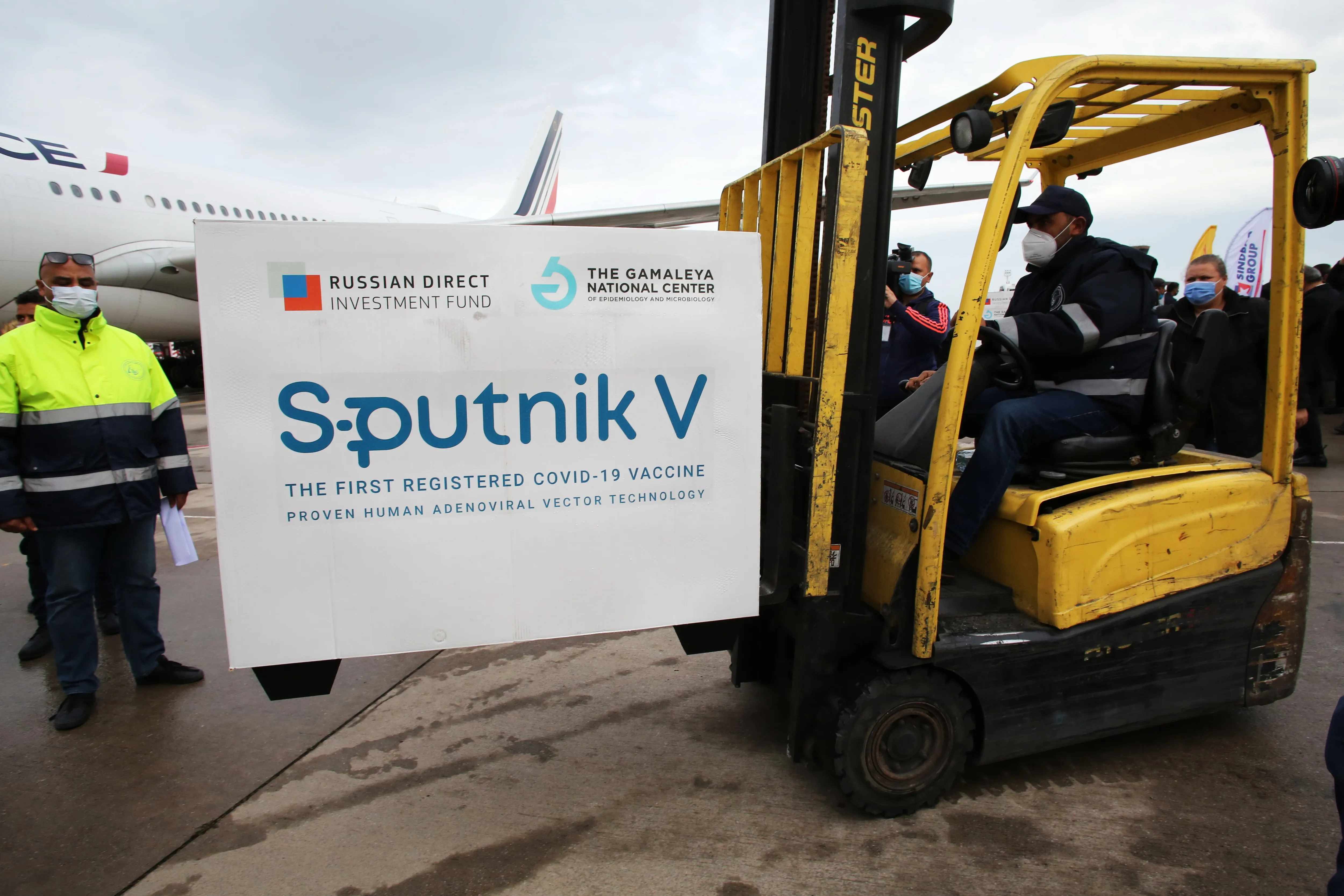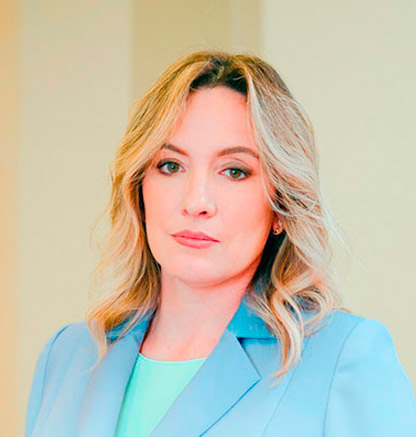-
CENTRES
Progammes & Centres
Location

This article is part of the series — 2021: The Year of Vaccines.
The international system has been experiencing turbulence and volatility practically since the collapse of the previously rather stable Yalta-Potsdam bipolar system with the erstwhile Union of Soviet Socialist Republics (USSR) and the United States of America being the main competitors, albeit not the only important players on the international scene. The last decade of the 20th century saw a failed attempt to install a unipolar world led by the US with a varying degree of supporting or neutral countries of the second rank and occasional smaller rogue states. This transited humanity to the 21st century, which saw an insistence on polycentric arrangements for the international system. These past three decades witnessed an ever-increasing race in practically all areas of military, political, and economic activities.
While the world may not have turned fully upside down with the advent of the COVID-19 pandemic in 2020, it did signal a range of important developments. First of all, it not only made all latent and ongoing crises more acute and hard-line but it also irreversibly pushed the socio-humanitarian domain into an extremely competitive arena. Obviously, 2020 was not the first year that saw the politicisation of humanitarian, sports or cultural activities.
Nevertheless, it was 2020 that put the final nail in the coffin of basic principles and highlighted the limitations of interstate and human relations, and pulled the world into a state of Darwinism, with the prevailing principle for nation states being homo homini lupus est— “A man is a wolf to another man.” This was vividly demonstrated by the initial intra-EU closures, the looting and outbidding of medical supplies by wealthy countries, the aggressive portrayal of the aid coming from the non-Western world by media and politicians in the West, and even with the most recent row over AstraZeneca vaccine supplies, made in the UK and bound for the EU, getting delayed in production.
In fact, with the global system in tatters and contradictions continuing to grow, the world moved from a focus on the pandemic and its consequences to a gradual shift of attention and discussions towards vaccines against COVID-19. This, in turn, brought about the new term of ‘vaccine diplomacy’.
The Russian Sputnik V was the first vaccine to be registered and declared publicly; it prompted a similar global reaction to when its namesake, the Sputnik 1 satellite, was launched in 1957, making it the first manmade object that was sent into space. While it is clear that the original Sputnik was not the primary concern for professionals, rather it signalled a fear of the strategic unassailability of the USA being made irrelevant with the advent of full intercontinental ballistic missiles (ICBMs). The reaction that followed came from the gap between the general opinion of the USSR at the time being a backward country (aided by the Western media) and the reality of the USSR making a breakthrough in the most advanced and needed area of space research.
Today, many more such parallels can be found, not just with the name. Russia remains an enigma for the USA and the European Union. Even though seemingly weakened by their collective illegitimate sanctions, Russia offered a global solution in the field of advanced science when it came to the COVID-19 pandemic. Thus, it is not surprising that the initial reaction from the West was a massive information attack, questioning the efficacy and safety of Sputnik V, which was in fact proved to be completely groundless by the recent publication in the authoritative medical journal, The Lancet.
What is important to stress on is not the proved efficacy of the Russian Sputnik V or either of the two other vaccines developed in the country; or to now look into possible deficiencies of the established Western vaccines like Pfizer or Moderna. These questions are being studied by health experts, and The Lancet and other national and international journals give a platform for such studies and discussions. What matters is the difference in the approach of the countries in question when it comes to matters that affect the global population as a whole.
On the one hand, we see a massive information attack by the Western media; first and foremost on China and Russia, claiming that vaccines are used by them for geopolitical purposes. On the other hand, we see certified vaccines being used on a commercial basis, either for the manufacturing country’s own population or they are sold at commercial prices to rich countries. This, perhaps, is what sparked the recent rebuffs towards multilateral institutions like the WHO. It is also estimated that only around three percent of vulnerable populations in the poor countries would be able to get vaccinated through the COVAX program—through which the West contributes moderate amounts of vaccine—by the end of the year.
At the same time, countries like Russia, India, or China are more than willing to supply vaccines to the other countries, as humanitarian aid or with the signing of licensing agreements allowing for extra production of those vaccines through the production capacities of the signatory countries. For example, such licensing agreements for Sputnik V were signed with Brazil, China, India, Saudi Arabia, South Korea, and Turkey, amongst others. All in all, there are 15 producers in 10 countries for the production of around 1.4 billion doses. In addition, Sputnik V has been registered in 35 countries with vaccination drives having started in over 20 countries and over two million people having already been vaccinated completely. It should be noted that a majority of these countries are the low-and middle-income countries in Central Asia, Africa, Europe, the Middle East, Latin America, and North America. Geopolitics and blackmailing are no longer valid when the country leadership sees the health of its citizens as the primary responsibility. That is why despite having difficult relations with the EU, some of its members have either agreed on supplies of Sputnik V (like Hungary) or are in the process of such negotiations (like Slovakia or Croatia). The US’s southern neighbour, Mexico, has also just agreed on 7 million doses of the Sputnik V vaccine. Recently, Beijing had also announced the free shipping of its vaccines to 13 countries with 38 more to follow.
At the same time, lines of division in vaccine diplomacy do not only lie between geriatric powers of the golden billion and the other states like Russia, India, or China who are striving for a fairer world. Competition exists at all levels and within different groupings. Earlier, it was mentioned that Europe witnessed a scandal around Brexited UK and AstraZeneca vaccines supplies. At the same time, vaccine diplomacy is being used by nations to enhance their influence in different regions. One would think, among others, of the example of the Maldives or Nepal—countries of competition between India and China, with the BRI investments shifting their preferences largely towards Beijing. Nevertheless, recent decisions on supplies of vaccines from India to those two countries have made it more likely for them to return under the Indian umbrella. Besides, India, as a longtime pharmaceutical producer, is bound to receive one of the most notable places within the current vaccine race. According to estimates, it is bound to take the second place in terms of production—it was able to come out with 3.6 billion doses this year.
Once again, the pandemic has made all the existing problems much more acute and has exacerbated the extreme competition between countries, especially those of the traditional West and non-Western world. Nevertheless, even with existing national goals and competition within the ranks of the emerging powers of Eurasia, like Russia, India, or China, they do show examples of humanistic principles in international politics, not only in supplying vaccines to the countries in need regardless of commercial benefits, but also in their readiness to strike collaborations and launch licensed production units to ensure wider coverage of the population in need. Humans first or money first? It all simply comes down to what kind of a world you would want to live in. And, so, what is the world you want?
The views expressed above belong to the author(s). ORF research and analyses now available on Telegram! Click here to access our curated content — blogs, longforms and interviews.

Dr. Victoria V. Panova is the Provost for International Relations of the Far Eastern Federal University (FEFU). ...
Read More +
Dr. Victoria V. Panova is the Scientific Supervisor of the BRICS Expert Council and Managing Director of the National Committee of BRICS Research. She also ...
Read More +